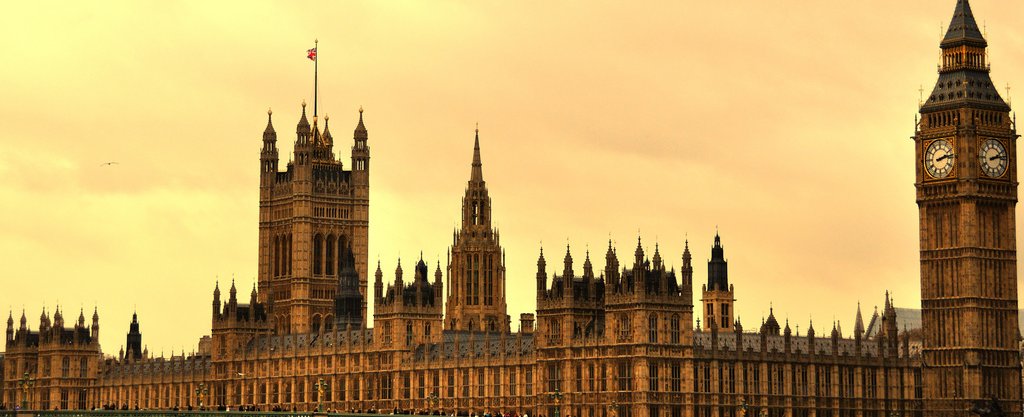

The UK will have a general election on 8 June 2017. All major political parties will put forward candidates and a manifesto saying what they will do if they form part of the government after the election.
The Open Data Institute works to build a strong, fair and sustainable data economy in which data gets to the people who need it. We believe that openness is a vital mechanism to create a data economy that works for everyone. We are a global organisation but our headquarters are in the UK. The UK’s practices – particularly around data – are followed worldwide, so we want to get data to people to help them make informed decisions on who to vote for in the UK general election.
How can we make people’s decisions more informed?
One of the ways we can help is with our support for better data in elections so that people know whether they are registered to vote, where they can vote, who they can vote for and what those candidates think. Another way is by putting forward data ideas for political manifestos.
So, here are some sentences that we would like to see in the party manifestos. In many cases they are based on the ideas we recently proposed in response to the UK Government’s industrial strategy green paper. We expect many of them to be applicable outside the UK.
People are unlikely to vote for a candidate solely based on what they think about data, but the manifestos give people, businesses and other organisations who have an interest in data an idea of what the next five years might look like. They also help us all understand whether the candidates understand the changes to our society that are being brought about by the internet and world wide web, and how data and new technologies have created new ways to deliver policies.
Data infrastructure, skills and open innovation
The first set of sentences are structured around three gaps that we believe are vital to address to realise the full value of data.
Data infrastructure
Basic: "We recognise that data is vital to a 21st century society and economy."
Intermediate: "We will invest in making key data infrastructure, such as address and map data, as open as possible."
Advanced: "We commit to legislate to recognise and maintain core data assets, as has been done in France and Denmark."
Data skills
Basic: "We recognise that in the 21st century everyone in the country needs to have digital skills and literacy."
Intermediate: "We commit to build digital skills in the UK and recognise that part of digital skills is basic data literacy."
Advanced: "We will invest in data literacy and data science skills for everyone, and commit to equip the public sector with data skills."
Open innovation
Basic: "We recognise that access to data is key to innovation."
Intermediate: "We commit to publish open data and use open standards in the public sector, both centrally and locally, to bolster innovation."
Advanced: "We commit to driving innovation by organising and funding more sector-level open innovation programmes, like OpenActive."
Ethics, engagement and equity
The second set of sentences are structured around three areas that we believe need to be addressed to build trust in data.
Ethics
Basic: "We recognise that the public needs to trust how government uses data."
Intermediate: "We will set up a Data Ethics Board to advise on data use across society and pledge to make the UK a leader in ethical use of data."
Advanced: "We will increase funding for the Information Commissioner’s Office and consult on expanding its powers to include data ethics."
Engagement
Basic: "We recognise the importance of societal norms in the handling of data and that those norms are still evolving."
Intermediate: "We commit to consult on government’s collection, use and publication of data."
Advanced: "We commit to an ongoing national debate supported by central, devolved and local government to develop a shared vision for data."
Equity
Basic: "We recognise the power of large digital platforms such as Google and Facebook and the impacts on people, businesses and governments."
Intermediate: "We will provide fiscal incentives, such as R&D tax credits, for private sector organisations that open up data for instance that creates better outcomes for consumers."
Advanced: "We will work with large digital platforms to open up their data while respecting privacy, so everyone benefits from it."
Our CEO, Jeni Tennison, has also put these suggested manifesto sentences on Twitter.
We’d suggest that you use the hashtag #ge17data if you want to debate them with Jeni or other people.
When the manifestos are published, we will read and summarise them to see how data features in the parties’ visions of the future of the UK.
If you have thoughts or ideas that you'd like to share, send us links to your work or pitch us a blog or tweet us at @ODIHQ.